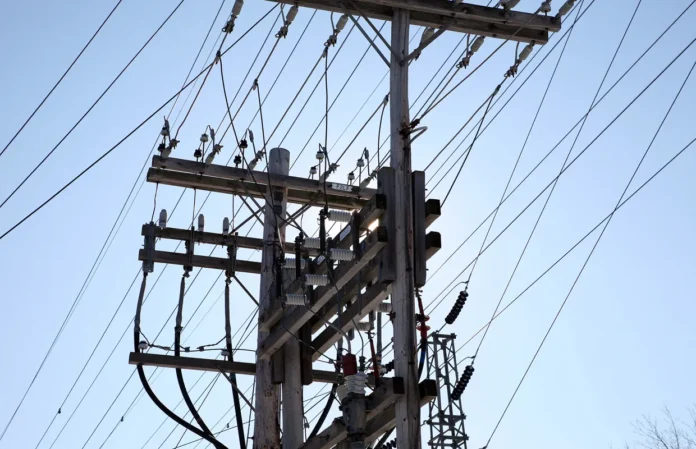By Hosea Parah, Abuja
The Forum of Commissioners of Power and Energy in Nigeria (FOCPEN) has expressed strong opposition to the proposed Electricity Act (Amendment) Bill, 2025, currently under review by the Nigerian Senate. This new legislative effort comes just two years after the significant Electricity Act 2023 was implemented, which notably decentralized the country’s electricity market.
In a statement signed by Prince Eka Williams, Chairman of FOCPEN, and Barr. Omale Omale, the organization’s Secretary, FOCPEN criticized the lack of prior consultations with state governments and relevant regulatory bodies in drafting this crucial amendment. Their concerns emphasize the potential risks to the progress made in the electricity sector since the enactment of the 2023 Act, which enabled states to manage their electricity markets and cater to their citizens’ specific needs.
The Electricity Act 2023 was celebrated as a major achievement for President Bola Ahmed Tinubu’s administration, following a constitutional amendment that clarified the states’ roles in electricity regulation. FOCPEN pointed out that more than 16 states have enacted their own electricity laws since then, aiming to attract both local and international investments in their power sectors.
However, the proposed amendment introduces the creation of additional federal institutions and funds, the costs of which would be passed on to consumers. FOCPEN has criticized this approach, arguing that it would lead to higher tariffs for already burdened customers, especially those in Band A service areas facing steep electricity costs.
Additionally, the bill requires contributions from consumers and market participants to fund the Power Consumer Assistance Fund (PCAF), further increasing the financial pressure on consumers nationwide.
FOCPEN also raised alarms that the amendment could undermine the constitutional authority of state legislatures to regulate electricity distribution within their jurisdictions. The organization emphasized the necessity for cooperative efforts between federal and state governments to achieve sustainable reforms in the energy sector.
“The amendment bill threatens to reverse the significant progress and reforms initiated by the Electricity Act 2023,” stated Prince Eka Williams, also the Commissioner of Power and Renewable Energy in Cross River State. He urged the National Assembly to suspend further consideration of the bill, insisting that any future amendments should involve comprehensive consultations with state governments.
FOCPEN’s statement reinforced the belief that the Electricity Act 2023 offers a vital framework for a robust, constitutionally compliant, and financially sustainable electricity sector that serves the interests of all Nigerians.
As discussions continue, FOCPEN remains committed to engaging with all stakeholders to ensure that the future of Nigeria’s electricity sector advances in a manner that promotes equitable and sustainable energy access for all citizens.

